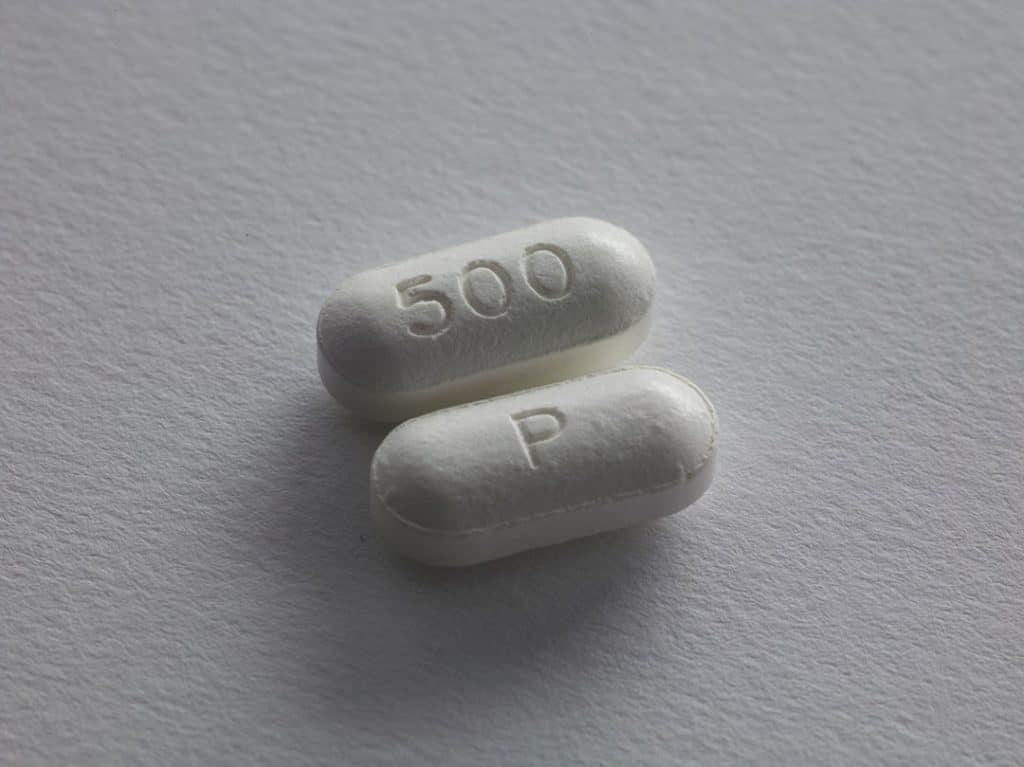In 2013, about 8.5 million carisoprodol products dispensed throughout the United States. Millions of individuals were using these drugs in order to treat various physical conditions and ailments. And, although carisoprodol is meant to help people, it’s proven to be harmful in some people’s lives. Many individuals have become addicted to these substances, finding it difficult to overcome their physical dependence on the drugs they are using. As a result, some have found themselves needing professional help in detoxing from carisoprodol use.
About Carisoprodol: What is Soma Used For?
A commonly used brand name for carisoprodol is Soma. Soma drugs are muscle relaxers that block pain signals that are sent to the brain by the nerves. It is most often used to treat muscle spasms, cramps or to alleviate pain associated with other musculoskeletal disorders. Soma has a slight odor and a bitter taste. Carisoprodol comes in the form of a round, white tablet that can be taken orally. There are also some medications which contain a combination of carisoprodol and codeine or carisoprodol and aspirin.
Soma’s Action on the Central Nervous System
Soma relaxes the muscles by blocking interneuronal activity in the descending reticular formation and spinal cord. Meprobamate is an intermediary produced from the metabolism of Soma. It has a barbiturate-like effect on the body’s GABA-A receptors. Both carisoprodol and meprobamate combine to produce the pharmacological effects of Soma.
In addition to its muscle relaxant effects, Soma also acts as a bronchodilator, fever reducer, and analgesic. It is thought that the muscle relaxant effects of Soma are the result of a depression of the neurons at synaptic junctions within the central nervous system (CNS). The analgesic action of the drug differs from that of opium alkaloids. It occurs as a result of the drug’s effects on peripheral pain receptors, sensory pain pathways, and their synapses.
The Development of Soma Dependence and Addiction
Many people feel that, if they use prescription drugs, there is little risk of dependence or addiction. But, the truth of the matter is that, although carisoprodol is fairly safe to use as directed by medical professionals, this drug is habit-forming and using it can lead to abuse and addiction.
Those who take Soma for an extended period of time may develop a tolerance and dependency for the drug. Soma causes the body to experience a relaxation that can feel pleasurable to those who use this drug. And, sometimes, those who use higher doses of Soma might experience a state of euphoria, also known as a “high”. Euphoria is a pleasurable feeling and, often, it’s what causes people to want to use more and more of the drug that caused them to feel high.
So, those who use carisoprodol regularly and experience relaxation, euphoria, and a heightened mood may use the drug more often than directed in order to feel those desirable effects again.
Drug abuse, whether an individual is misusing illicit or prescription drugs, often leads to drug addiction. So, individuals who begin to abuse Soma may find themselves suffering from an uncontrollable addiction to this drug.
Some Common Soma Withdrawal Symptoms
Patients who use the drug longer than three weeks should not attempt to stop using it abruptly. Sudden cessation of use may result in withdrawal symptoms including:
- Tremors
- Tachycardia
- Memory loss
- Cyclic cravings
- Difficulty sleeping
- Emotional distress
- Sensitivity to stress
- Problems thinking clearly
- Problems with physical coordination
- Nausea, vomiting and stomach problems
Post-Acute Soma Withdrawal Symptoms
Those who are addicted to Soma typically experience serious and uncomfortable symptoms of withdrawal when they try to stop using the substance. Some post-acute Soma withdrawal symptoms include an interruption of normal brain functions, which leads to emotional disturbances and an inability to think clearly. In addition, withdrawal symptoms (PAWS) may result in short term loss of memory, loss of coordination, difficulty sleeping, and oversensitivity to stress. This can make recovery from Soma addiction a lengthy and difficult process.
During recovery from SOMA addiction, the brain acclimates to the absence of artificial chemical substances by returning to its normal level of neurotransmitter production. This may take quite some time, and the body’s response during the adjustment is the source of post-acute withdrawal symptoms. As with many other prescription drugs, prolonged use of SOMA can result in dependence and addiction. Therefore, Soma withdrawal symptoms are also similar to those experienced with other prescription drugs that produce sedative or tranquilizer action.
A Warning About Soma Use: Seizures
Soma has been known to cause seizures in some patients. Most instances of seizure have occurred when Soma was used in combination with other drugs, such as prescription and illicit drug and/or alcohol. So, it’s important to use this drug only as directed by a medical professional. If an individual does not have direction from a doctor to use this substance, it’s important to avoid using it.
Soma Treatment at Northbound
Soma use can become habitual. This medication should only be used by the person and in the manner for which it is prescribed. Soma medications should never be shared with other individuals, especially those with a history of addiction or drug abuse. This medication should be stored in a secure place, away from children or individuals who should not use it.
Soma use should not be ended abruptly without first consulting a doctor. Those who have used the drug for a prolonged period usually experience withdrawal symptoms. It may be necessary to gradually reduce the dosage to avoid adverse effects. Side effects of Soma use include impaired thinking and slowed reaction time. Extreme caution should be used if driving or performing activities that require you to be alert. Alcohol use should be avoided since it increases drowsiness and dizziness caused by Soma. This medication may be harmful to an unborn baby. Tell your doctor if you are pregnant or plan to become pregnant during treatment.
Northbound Treatment Services can help individuals struggling with Soma addiction develop coping mechanisms by adopting a lifestyle of recovery. We understand that no two individuals are the same, so we offer customized treatment plans to meet each patient’s needs.
Our treatment center offers medication-assisted treatment (MAT) for drug addictions as well as counseling and education to treat the underlying causes. We also provide a variety of residential and outpatient treatment programs to help patients through the recovery process while remaining productive in society.
So, if you or someone you know needs help overcoming an addiction problem, please contact us today by calling (855) 858-6803.











